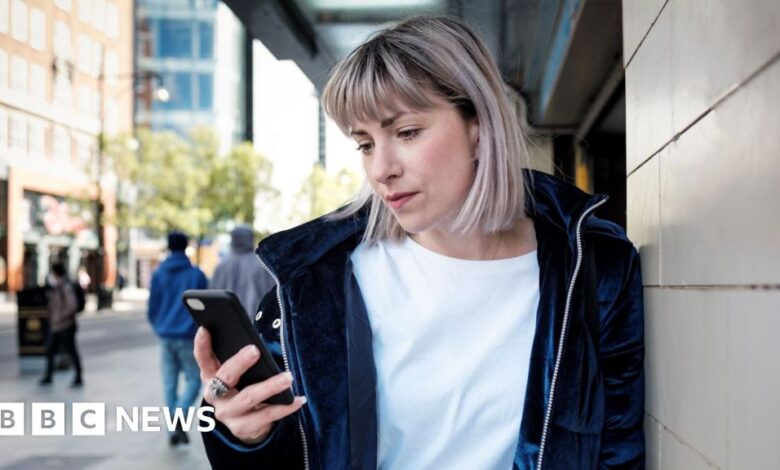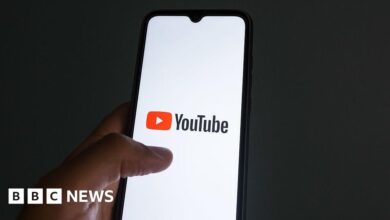Vodafone boss says prices won’t rise after Three ‘mega-merger’

2024-12-05 12:57:29
The boss of Vodafone has insisted the telecom company’s merger with rival Three – which has finally been approved by the regulator – will not result in higher prices.
The £16.5bn tie-up will create the UK’s biggest mobile network, with 27 million customers.
It has been given the go-ahead conditional on the merged companies agreeing to invest billions in the country’s 5G network and to cap certain mobile tariffs for three years.
Vodafone’s chief executive Margherita Della Valle told the Today programme, on BBC Radio Four, the deal would be “self-funded”, which meant “no extra costs from public funding and no extra cost for our customers”.
The regulator, the Competition and Markets Authority (CMA) had previously raised concerns that the deal could drive up people’s bills.
But Stuart McIntosh, who led the watchdog’s probe into the merger, said it had now concluded it was “likely to boost competition” in the mobile sector and should be allowed to proceed.
The CMA said there would be legally binding commitments on Vodafone and Three to invest in the UK mobile network infrastructure for eight years, while selected mobile tariffs and data plans would be capped for three years to “protect large numbers” of customers from short-term price rises.
The CMA has not outlined which specific price plans would be protected. It is understood this detail will be in a full report into the merger, which has not been published yet.
A Vodafone spokesman told BBC News that it had also not yet seen the CMA’s full report, but there should be more details on the affected tariffs “in the coming days”.
The rising cost of mobile phone contracts and other digital services has been an issue of concern for regulators as has the slow pace of the UK’s 5G roll out.
Kester Mann, an analyst from CCS Insight, said it was a landmark moment.
“This mega-merger marks one of the most significant moments in the history of UK mobile,” he told the BBC.
He added it appeared to “largely strike a good balance between nurturing competition and encouraging investment”.
Industry analyst Paolo Pescatore told BBC News it was still a “waiting game” in terms of assessing the impact of the tie-up.
“The bottom line is it will take many years before the full merits of the deal are realised, and there’s a lot of tough decisions to come,” he said.
Mr Pescatore also said “it’s now up to both parties to deliver on their promises”, but “that should mean wins for UK plc – bringing much needed investment in the network – and for consumers in the form of better services”.
This is the latest example of consolidation in the UK mobile market.
In 2010, Orange and T-Mobile emerged to create EE, which itself was taken over by BT in 2016.
Then, in 2021, the CMA approved a £31bn merger of Virgin Media and O2.
Those deals were followed by job cuts. EE axed 1,200 roles in the months following the merger of Orange and T-Mobile, then an additional 550 jobs the following year.
Vodafone and Three have previously claimed their merger will create thousands of new jobs.
But the union Unite has warned in the past that the deal could add an extra £300 a year to customers’ bills, and lead to “up to 1,600 jobs” being lost.




